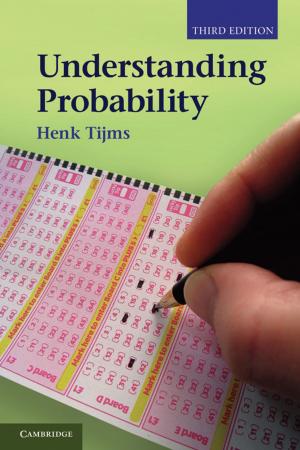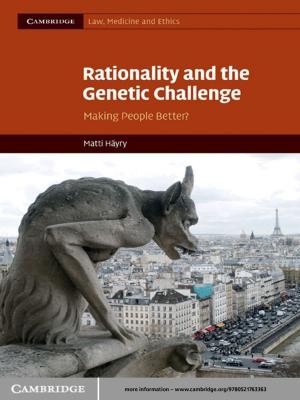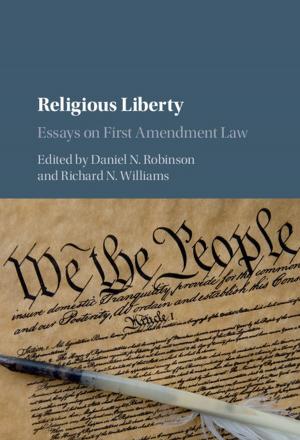Securities against Misrule
Juries, Assemblies, Elections
Nonfiction, Social & Cultural Studies, Political Science, Government, Democracy, Politics, History & Theory| Author: | Jon_Elster | ISBN: | 9781107301849 |
| Publisher: | Cambridge University Press | Publication: | February 28, 2013 |
| Imprint: | Cambridge University Press | Language: | English |
| Author: | Jon_Elster |
| ISBN: | 9781107301849 |
| Publisher: | Cambridge University Press |
| Publication: | February 28, 2013 |
| Imprint: | Cambridge University Press |
| Language: | English |
Elster proposes a normative theory of collective decision making, inspired by Jeremy Bentham but not including his utilitarian philosophy. The central proposal is that in designing democratic institutions one should reduce as much as possible the impact of self-interest, passion, prejudice and bias on the decision makers, and then let the chips fall where they may. There is no independently defined good outcome that institutions can track, nor is there any way of reliably selecting good decision makers. In addition to a long initial chapter that surveys theories of collective decision making, notably social choice theory, and a chapter expounding and discussing Bentham's views, historical chapters on the jury, constituent assemblies and electoral systems develop and illustrate the main ideas. This work draws on a welter of case studies and historical episodes, from Thucydides and Plutarch to the present. It is also grounded in psychology, behavioral economics and law.
Elster proposes a normative theory of collective decision making, inspired by Jeremy Bentham but not including his utilitarian philosophy. The central proposal is that in designing democratic institutions one should reduce as much as possible the impact of self-interest, passion, prejudice and bias on the decision makers, and then let the chips fall where they may. There is no independently defined good outcome that institutions can track, nor is there any way of reliably selecting good decision makers. In addition to a long initial chapter that surveys theories of collective decision making, notably social choice theory, and a chapter expounding and discussing Bentham's views, historical chapters on the jury, constituent assemblies and electoral systems develop and illustrate the main ideas. This work draws on a welter of case studies and historical episodes, from Thucydides and Plutarch to the present. It is also grounded in psychology, behavioral economics and law.















